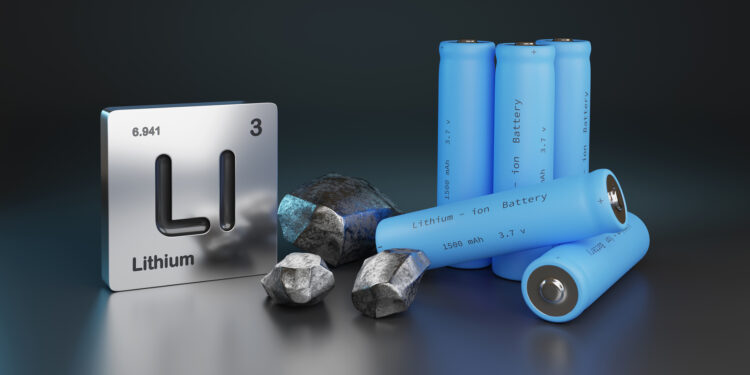China’s breakthrough in lithium metal battery technology as it is set to drive progress in fields such as new energy vehicles and photovoltaic-storage systems.
A Chinese research team has developed an optimized solid electrolyte interphase for lithium metal anodes, with their findings featured in the journal Nature.
This newly constructed interphase exhibits superior properties, including high electronic insulation, excellent ionic conductivity, and remarkable chemical stability, significantly boosting the performance and safety of lithium metal batteries, explained Yan Keyou, the team leader from South China University of Technology.
The breakthrough offers key technologies for advancing the development of next-generation high-performance lithium batteries, potentially driving progress in areas such as new energy vehicles and photovoltaic-storage systems.
Lithium metal batteries, known for their potential to double the energy density of current lithium-ion batteries, face challenges due to the inability of commercial electrolytes to form stable solid electrolyte interphases. This limitation has hindered their commercial viability.
The research team overcame this hurdle by incorporating monoclinic m-Li2ZrF6 nanoparticles as additives to create a solid electrolyte interphase with exceptional electrochemical properties. This innovation allows lithium metal batteries to retain 80% of their capacity after 3,000 cycles at a 2C charging rate, marking a record achievement in this field.
Additionally, the m-Li2ZrF6 nanoparticles are produced through a straightforward and scalable synthesis process, paving the way for the broader application of lithium metal batteries.
Related Posts

















